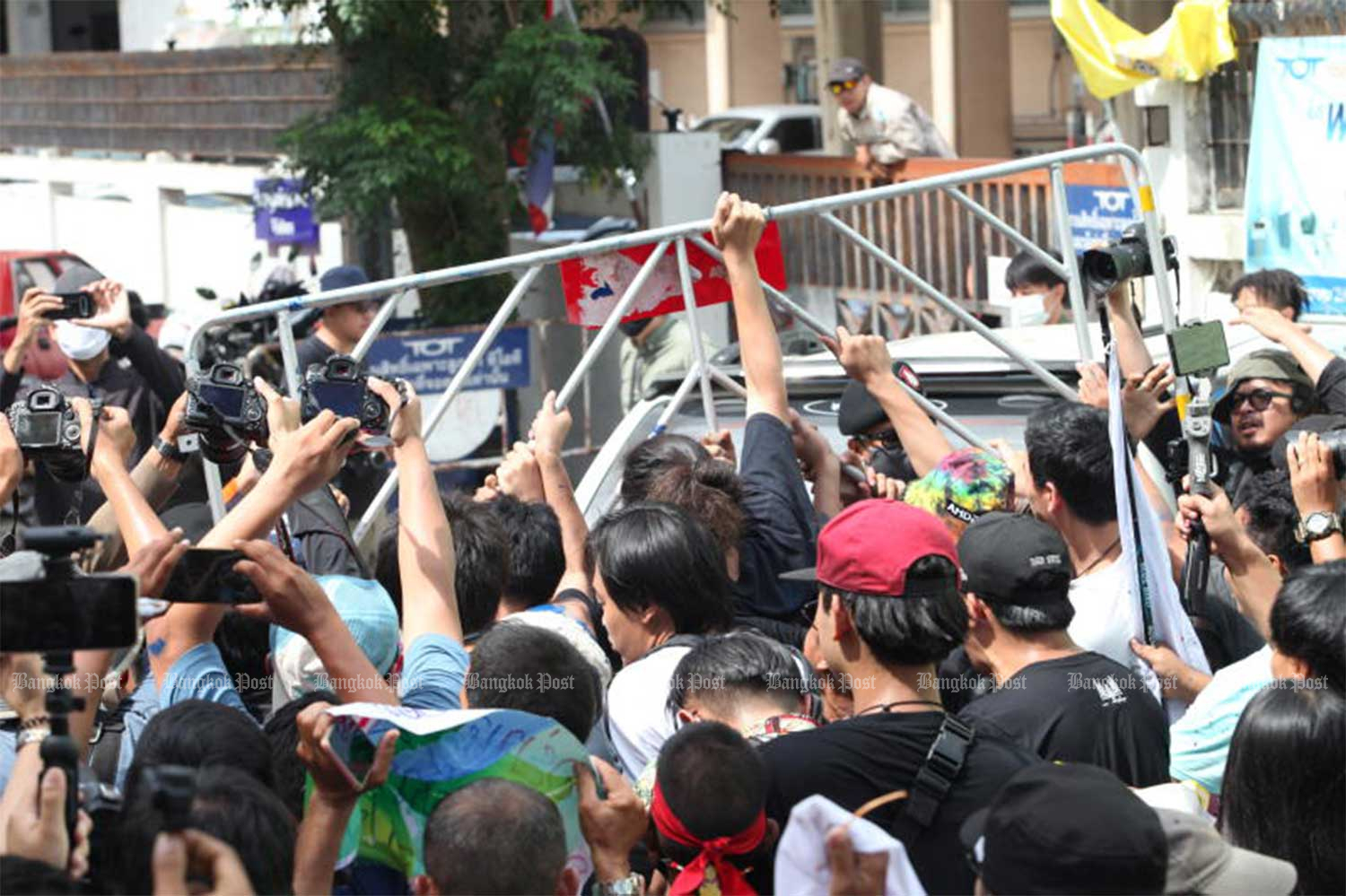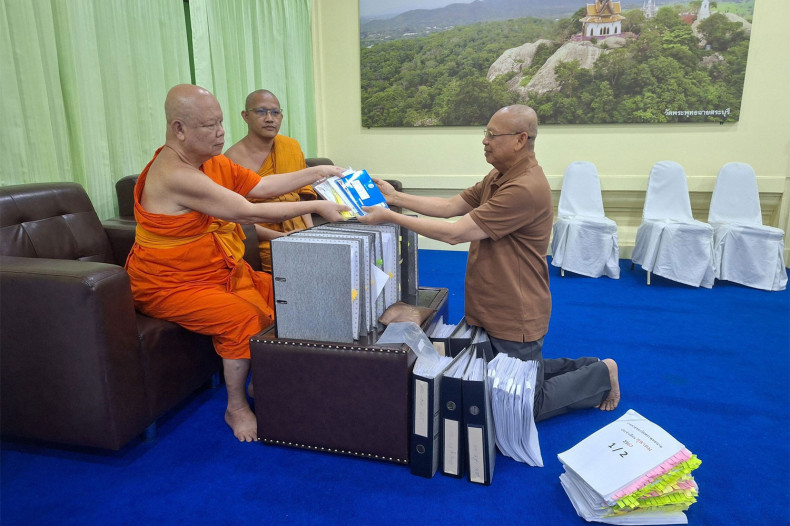Thai Commerce Minister Courts Japanese Investors for Advanced Technology
On November 1, Thailand’s Commerce Minister Pichai Naripthaphan held a strategic meeting with prominent Japanese business leaders to encourage investment in high-tech sectors. This push aims to reestablish Japan as Thailand’s leading foreign investor, focusing on modern industries such as semiconductors, printed circuit boards (PCBs), and artificial intelligence (AI).
Thailand-Japan Economic Partnership: A Strong Foundation
In his first official meeting since taking office, Minister Pichai discussed investment opportunities with Keita Ishii, president of the Japan Chamber of Commerce and Industry (JCCI), alongside executives from top Japanese companies like:
- Itochu Corporation
- Kawasaki Heavy Industries (Thailand)
- Sumitomo Corporation Thailand
- Knowledge Creation Technology
- Japan Airlines
- Toyota Tsusho (Thailand)
The minister highlighted that Japanese investments account for 25% of foreign investment in Thailand, underscoring the robust economic ties between the two nations.
Targeted Sectors: Semiconductors, PCBs, and AI
Minister Pichai urged Japanese businesses to expand their presence in Thailand’s industrial supply chains and high-tech manufacturing fields. “Thailand’s infrastructure and workforce make it a prime location for cutting-edge technology manufacturing,” he stated. Japan’s expertise in semiconductors and PCBs would further strengthen Thailand’s status as a technology hub in Southeast Asia.
Additionally, the minister proposed that Thailand serve as a regional food security hub for Japan and neighboring countries, positioning itself as a warehouse and export center.
Interest in Green Energy and Service Sectors
Japanese business leaders reciprocated with interest in hydrogen technology, green energy, and service industries. This reflects an expanding scope for collaboration, further enhancing the trade relationship, which reached US$55.8 billion (1.8 trillion baht) in 2023.
Key Trade Highlights
- Thai Exports to Japan: $24.6 billion, with key products including automobiles, electronic components, processed chicken, machinery, and circuit boards.
- Imports from Japan: $31.1 billion, mainly in technology components and heavy machinery.
Thailand’s Vision: Preparing for a High-Tech Future
With an emphasis on workforce readiness, Thailand is actively preparing to support a highly skilled labor force to meet the needs of its burgeoning tech sector, particularly in semiconductors. These initiatives aim to position Thailand as a regional leader in high-tech manufacturing.
Thailand’s Bold Land Lease Policy for Foreign Investors
In a separate announcement, Thailand revealed plans to extend land lease terms to 99 years to attract long-term international investment. Deputy Prime Minister and Finance Minister Pichai Chunhavajira unveiled this initiative at the CEO Econmas Awards 2024, aligning with Thailand’s 2025 strategic vision to boost economic growth.
This innovative policy supports Thailand’s ambition to become a high-tech and investment-friendly nation, fostering an environment of opportunity and sustainable growth for international investors in the Land of Smiles.









